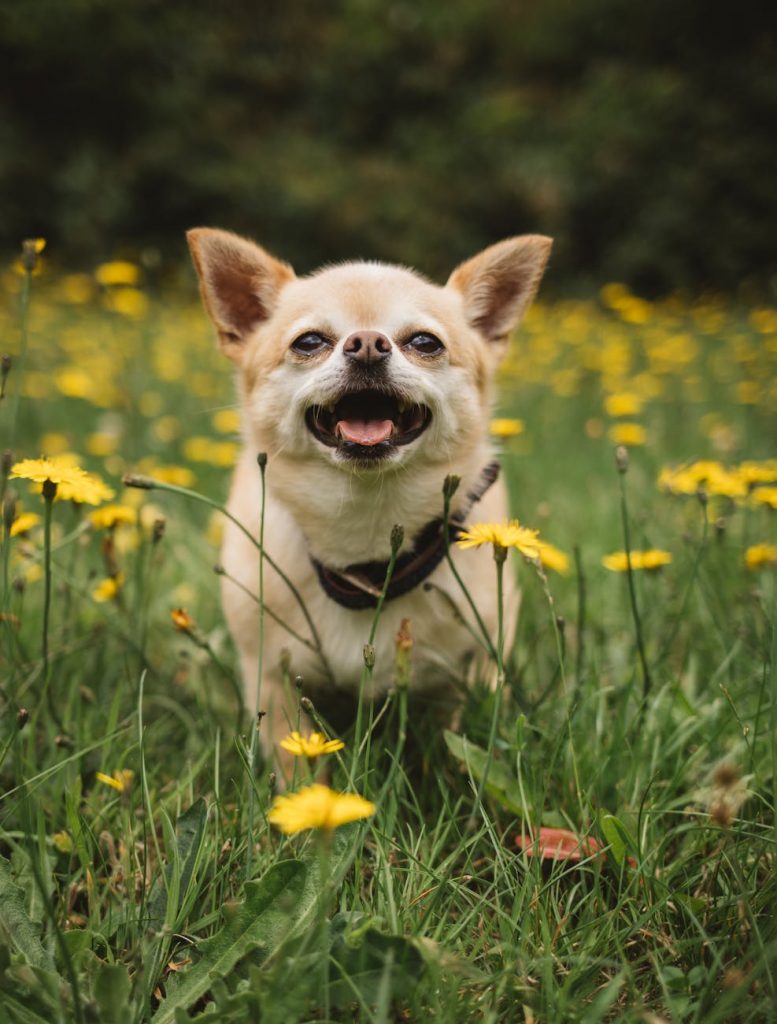Introduction
Welcome to our comprehensive guide on Chihuahua health! As a devoted owner, it’s crucial to prioritize your Chihuahua’s well-being and take proactive steps to ensure their happiness and longevity. In this article, we will explore various aspects of Chihuahua health, including common health issues, nutrition, exercise, grooming, and more. Whether you’re a new Chihuahua owner or a seasoned enthusiast, this guide will provide you with valuable insights to keep your tiny companion thriving.
Chihuahua Health: Common Health Issues
Chihuahuas, like any other breed, are susceptible to certain health issues. It’s important to be aware of these conditions and take preventive measures to safeguard your pet’s health. Here are some common health issues that Chihuahuas may face:
- Dental Problems: Chihuahuas are prone to dental issues such as tooth decay, gum disease, and tooth loss. Regular dental care, including brushing their teeth and providing appropriate chew toys, can help prevent these problems.
- Hypoglycemia: Chihuahuas have a high metabolism, which can lead to low blood sugar levels. This condition, known as hypoglycemia, can cause weakness, tremors, and even seizures. Feeding your Chihuahua small, frequent meals can help regulate their blood sugar levels.
- Heart Problems: Chihuahuas are predisposed to certain heart conditions, including heart murmurs and congestive heart failure. Regular veterinary check-ups and maintaining a healthy lifestyle can contribute to a strong and healthy heart.
- Luxating Patella: This is a condition where the kneecap dislocates from its normal position. Regular exercise and maintaining a healthy weight can help minimize the risk of luxating patella in Chihuahuas.
- Collapsing Trachea: Chihuahuas can be prone to a collapsing trachea, a condition where the windpipe becomes narrow or collapses, leading to breathing difficulties. Using a harness instead of a collar and avoiding strenuous exercise can help manage this condition.
Chihuahua Health: Nutrition
Proper nutrition plays a vital role in maintaining your Chihuahua’s overall health. Here are some essential considerations for a well-balanced Chihuahua diet:
- High-Quality Dog Food: Opt for premium dog food that is specifically formulated for small breeds like Chihuahuas. Look for options that contain real meat as the primary ingredient and avoid artificial additives or fillers.
- Portion Control: Chihuahuas have tiny tummies, so it’s important to feed them appropriate portion sizes. Follow the feeding guidelines provided by the dog food manufacturer and consult with your veterinarian for personalized recommendations.
- Fresh Water: Ensure your Chihuahua has access to fresh, clean water at all times. Hydration is key to their overall health and well-being.
- Treats in Moderation: Treats can be a part of your Chihuahua’s diet but should be given in moderation. Look for healthy, low-calorie options and use treats as rewards during training sessions.
- Dietary Restrictions: Some Chihuahuas may have specific dietary restrictions due to allergies or sensitivities. If you suspect any food sensitivities, consult your veterinarian for guidance on appropriate dietary adjustments.
Chihuahua Health: Exercise and Mental Stimulation
Regular exercise is essential for your Chihuahua’s physical and mental well-being. Despite their small size, Chihuahuas have plenty of energy to burn. Here are some exercise and mental stimulation ideas for your furry friend:
- Daily Walks: Take your Chihuahua for short, daily walks to help them stay active and maintain a healthy weight. Use a harness to protect their delicate necks.
- Interactive Toys: Provide your Chihuahua with a variety of interactive toys that encourage mental stimulation. Puzzle toys and treat-dispensing toys can keep them entertained and mentally sharp.
- Playdates: Arrange playdates with other small, friendly dogs. Socializing with other canines can help improve your Chihuahua’s social skills and keep them engaged.
- Indoor Activities: Chihuahuas are well-suited for indoor activities such as hide-and-seek, basic obedience training, and learning new tricks. These activities not only provide physical exercise but also strengthen the bond between you and your furry companion.
Chihuahua Health: Grooming and Hygiene
Proper grooming and hygiene practices are crucial for maintaining your Chihuahua’s health and appearance. Here are some grooming tips to keep your Chihuahua looking and feeling their best:
- Coat Care: Chihuahuas have a variety of coat types, including short and long coats. Regular brushing helps remove loose hair and prevents matting. Use a soft-bristle brush or a grooming mitt to gently brush your Chihuahua’s coat.
- Bathing: Chihuahuas generally don’t require frequent baths unless they get dirty or develop a strong odor. Use a mild dog shampoo and lukewarm water for bathing. Be sure to thoroughly dry your Chihuahua after a bath to prevent them from getting chilled.
- Nail Trimming: Trim your Chihuahua’s nails regularly to prevent overgrowth, which can lead to discomfort or difficulty walking. Use dog nail clippers or seek assistance from a professional groomer if you’re not confident in trimming their nails yourself.
- Ear Cleaning: Chihuahuas can be prone to ear infections, so regular ear cleaning is important. Use a veterinarian-recommended ear cleaner and gently wipe the outer ear with a cotton ball or soft cloth.
- Dental Care: Good oral hygiene is vital for your Chihuahua’s overall health. Brush their teeth regularly with a dog-friendly toothbrush and toothpaste. Dental chews or toys can also help promote dental health.
FAQs about Chihuahua Health
Q: How often should I take my Chihuahua to the veterinarian?
A: It’s recommended to take your Chihuahua for regular veterinary check-ups at least once a year. Senior Chihuahuas may require more frequent visits.
Q: Are Chihuahuas good with children?
A: Chihuahuas can be affectionate and gentle with children when properly socialized and supervised. However, their small size makes them delicate, so interactions should always be monitored.
Q: How can I prevent my Chihuahua from becoming overweight?
A: To prevent obesity, feed your Chihuahua a balanced diet, provide regular exercise, and avoid overfeeding or excessive treats. Consult with your veterinarian for specific recommendations.
Q: Do Chihuahuas require a lot of exercise?
A: While Chihuahuas have energy to burn, they don’t require intense exercise. Short walks, indoor play, and mental stimulation activities are usually sufficient.
Q: Can Chihuahuas live comfortably in apartments?
**
A:** Yes, Chihuahuas are well-suited for apartment living due to their small size and exercise requirements. However, they still need daily walks and mental stimulation to thrive.
Q: How can I keep my Chihuahua’s teeth clean?
A: Regular teeth brushing using dog-friendly toothpaste, dental chews, and toys can help keep your Chihuahua’s teeth clean and healthy.
Conclusion
In conclusion, maintaining your Chihuahua’s health should be a top priority. By being proactive in addressing common health issues, providing a balanced diet, regular exercise, and proper grooming, you can ensure that your tiny companion enjoys a long, happy, and healthy life. Remember to consult with your veterinarian for personalized advice and guidance on your Chihuahua’s specific needs. Here’s to many years of joy and companionship with your Chihuahua!



